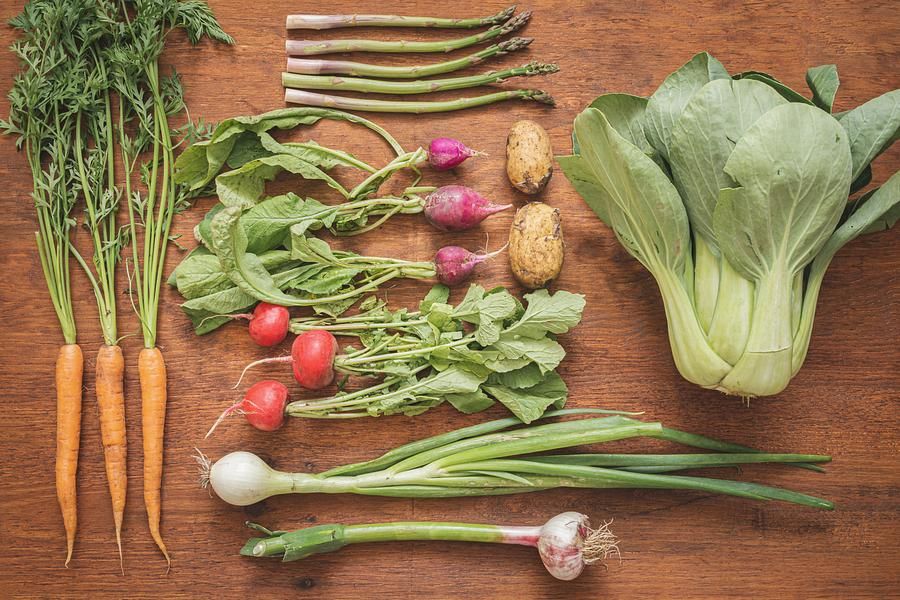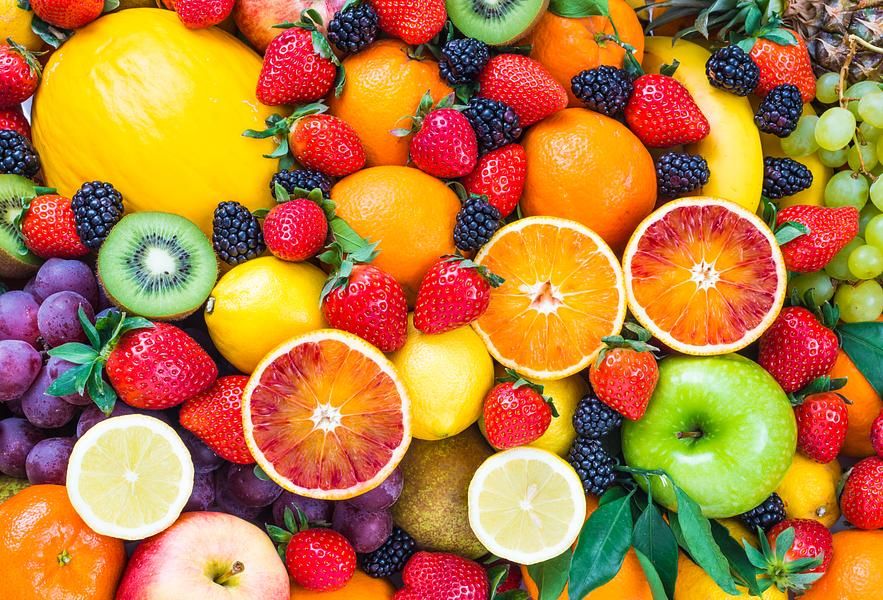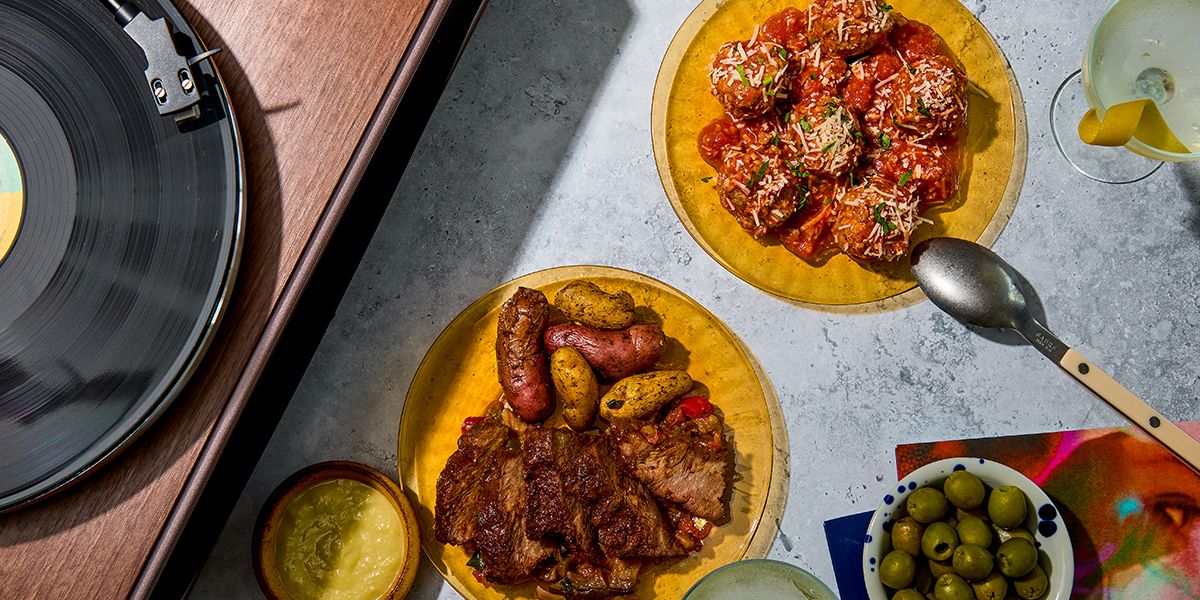What Foods Have Gluten? Foods to Avoid & Alternatives

Related Articles

18 spring vegetables to brighten your plate: a seasonal guide
Spring vegetables like asparagus and peas shine March–June. Discover 18 seasonal picks with tips on how to store, cook, and enjoy them at peak freshness.

Sam Oriach |
Recipe created on: 2/15/2026

What spring fruits are in season? 12 fresh favorites to enjoy now
Spring fruits like strawberries, cherries, and mangoes are in peak season—discover how to select, store, and enjoy 12 fresh picks from March through May.

Sam Oriach |
Recipe created on: 2/15/2026

Hack your high-protein meal plan this fall
Fuel your fall with high-protein, chef-made meals. Discover calorie-specific meal plans, low-carb options, and seasonal recipes to hit your goals without sacrificing flavor.

Sam Oriach |
Recipe created on: 9/6/2025